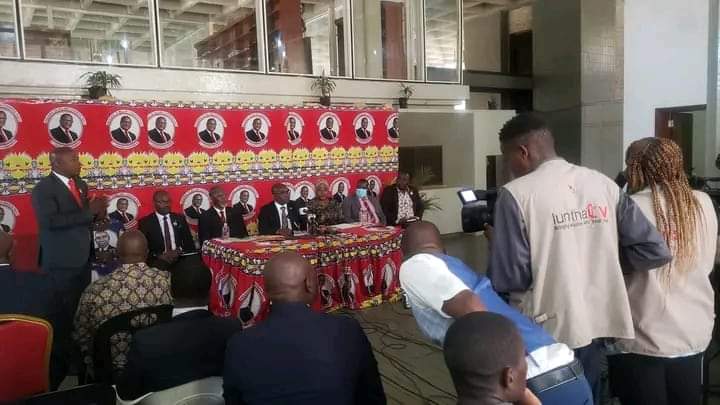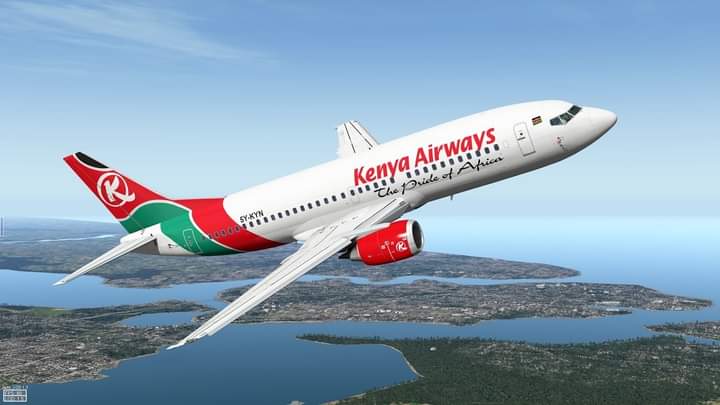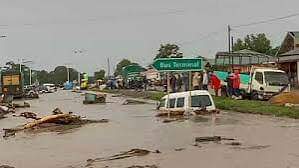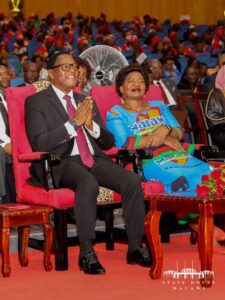Chakwera Launches M1 Road Rehabilitation Project
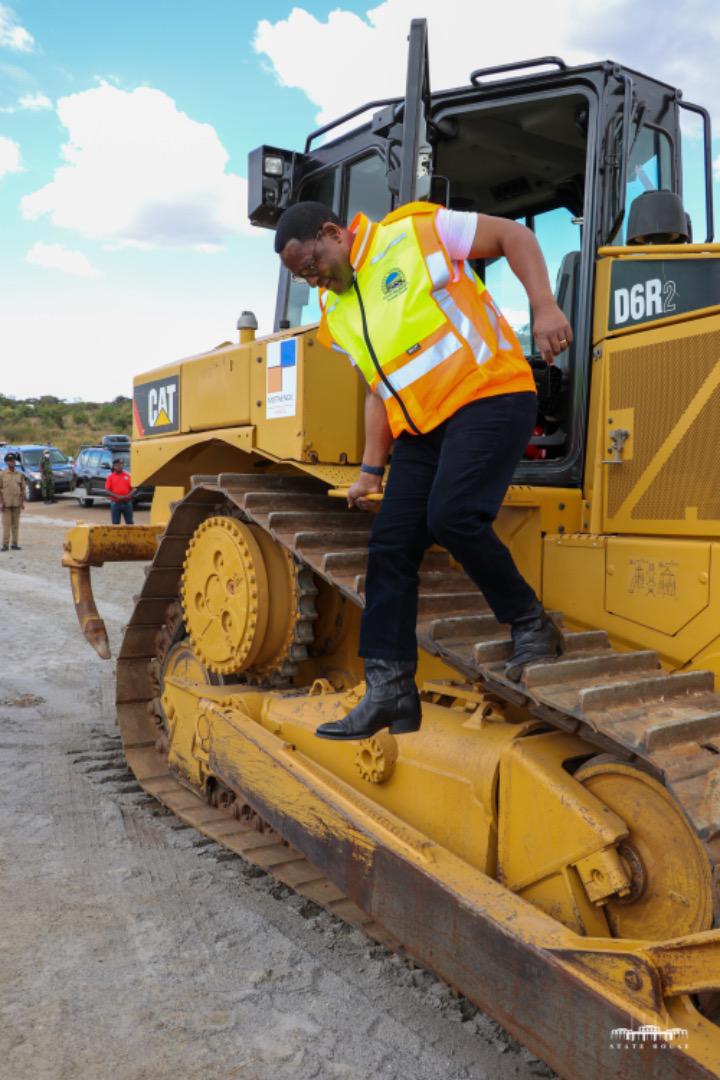
The State President His Excellency, Dr Lazarus Macarthy Chakwera says the M1 Road is the backbone of all road projects in Malawi and the economy.
He says the fact that the rehabilitation of M1 Road has been neglected for years despite offers of help from development partners shows that governments in Malawi have been paying attention to things that divide Malawi rather than those that unite it.
The Malawi leader has since warned contractors working on the road against poor workmanship, corruption and abuse of funds meant for rehabilitation works.
“The M1 road is an important link in the North South Corridor network of COMESA. It is the backbone of the Malawi road network, it facilitates regional trade with Mozambique in the South and further beyond to the countries of the SADC.
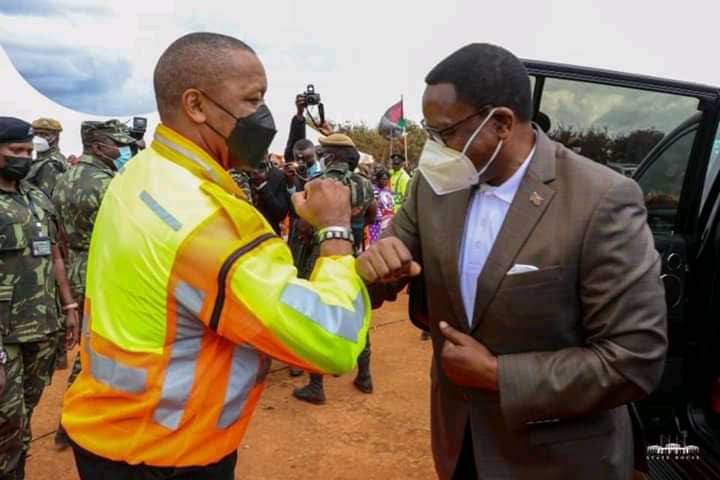
*Being a landlocked country, and roads remain the most accessible mode of transport for both freight and passenger traffic as they provide long distance transportation of import goods from and to Dar es Salaam through Malawi, the M1 offers the shortest import/export route to Dar es Salaam for Zambia’s agriculturally important Eastern Province,” Chakwera said.
He further stated that the M1 road links the major cities in Malawi and carries significant local traffic, servicing key district administrative and trading centres. The economic development of the country depends on a reliable and safe M1 corridor for trade, food security and essential services such as healthcare.
The M1 Road project is therefore of high priority for the Government as part of the Malawi Growth and Development Strategy.
The need for rehabilitation and improvement arises from increased levels of traffic, the high presence of pedestrian and bicycle traffic and because the overall condition of the road pavement is either nearing or has reached the end of its serviceable life.
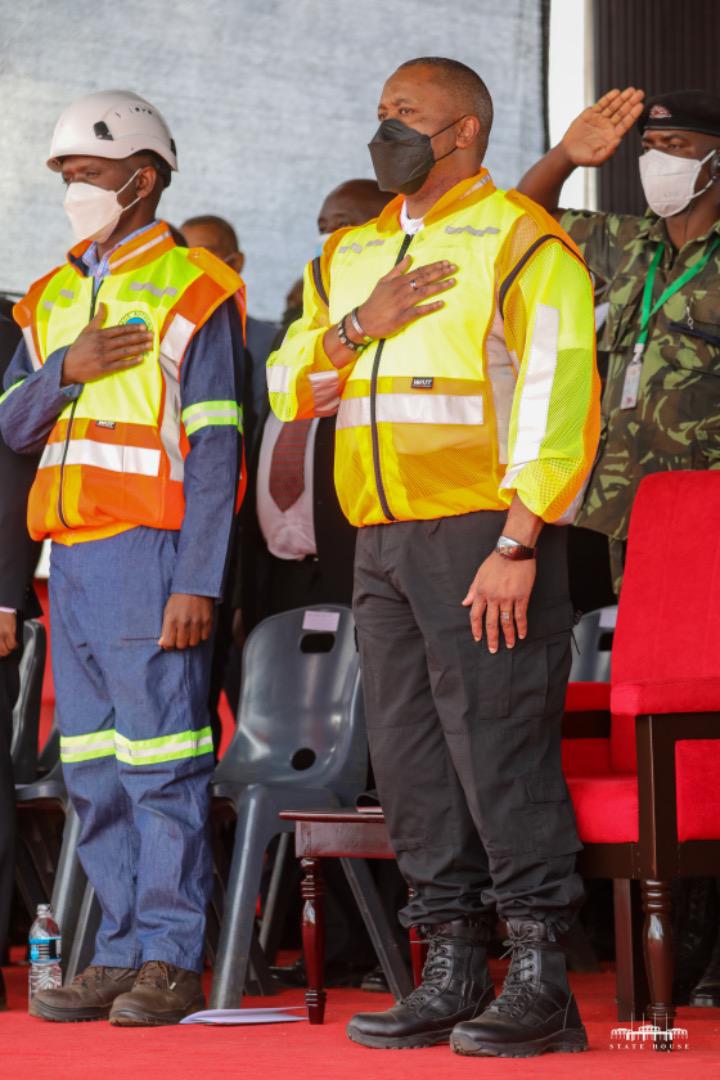
Rehabilitation and improvement of almost 1,145 km will be undertaken in phases covering the first phase and it aims to rehabilitate 215 km of priority sections of the road, which are in poor or very poor condition.
This is an important European Union efforts to improve rural roads to allow smallholder farmers access wider markets, strengthen food security and links to agro-processors, which in turn contributes to sustainable agriculture and income growth among the predominantly poor rural population.
The EU contribution will co-finance, alongefforte European Investment Bank loan, civil works and thus increase the use of the concessions of the financial package
